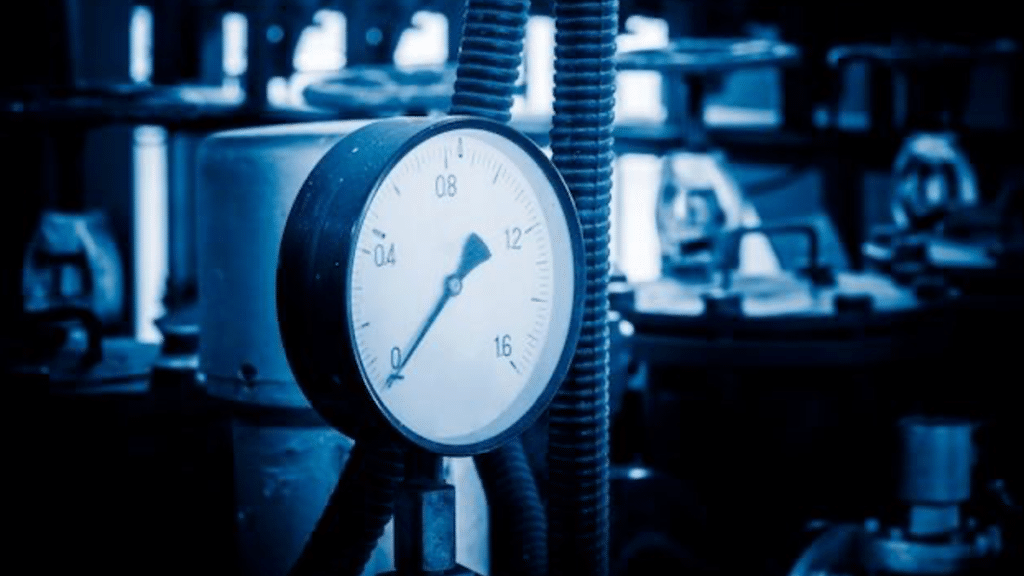Gas costs have long been a concern for businesses, but their impacts extend beyond the workplace. Fluctuating business gas prices affect individuals, increasing commuting expenses, raising home costs, and reducing buying power. Understanding the effects of gas prices on budgets can help individuals make more educated financial decisions. For those seeking the best energy prices, a Business Energy Comparison tool can help them save money.
The Personal Impact of Rising Gas Prices
When companies pay more for gasoline, those costs are frequently passed on to customers. Everyday expenses get more expensive, whether in operating costs, higher supermarket prices owing to freight charges, or rising fees for necessary services.
Personal Financial Effects of Rising Gas Prices
- Increased fuel consumption and expenditure for everyday commutes
- Higher family costs owing to household expenses and more expensive products and services
- Reduced discretionary income, which limits purchasing power
- Struggles to afford higher gas prices for many automobiles
Individuals must adjust to these changes if they want to save more money and be financially stable.
Gas prices and the Household Budget
Rising gasoline costs may substantially impact personal finances. Geopolitical tensions, changes in crude oil prices, and market demand can all cause fluctuations in the price per Gallon.
Example of Monthly Fuel Expenses (Based on $4.00 per Gallon)
| Number of Vehicles | Average Monthly Miles | Fuel Efficiency (MPG) | Monthly Gas Cost ($) |
| 1 Vehicle | 1,200 miles | 25 MPG | $192 |
| 2 Vehicles | 2,400 miles | 22 MPG | $436 |
| 3 Vehicles | 3,600 miles | 20 MPG | $720 |
As seen in the table, public transportation and costs climb fast when there are several cars. Finding strategies to cut gasoline use is critical to keeping expenses down.
Fuel Efficiency: How to Cut Costs at the Pump
Improved fuel efficiency of electric vehicles is critical for mitigating the consequences of rising costs.
Ways to Improve Fuel Efficiency:
- To keep a constant pace on the highway, use cruise control.
- Heavyweights limit mileage, so avoid hauling additional weight.
- To reduce needless travel, plan well before.
- Maintain your car regularly, including adjustments to the engine oil.
- Consider more fuel-efficient automobiles, more fuel-efficient vehicles such as hybrids or electric cars.
- Small changes result in substantial savings on gasoline expenditures.
Alternative Transportation Options
Alternatives to typical gas-powered automobiles can help people trying to reduce their fuel expenditures even further.
Alternative Transportation Strategies
- When feasible, make use of multiple vehicles in public transit
- To reduce fuel costs, carpool to work
- To reduce dependency on gasoline, invest in electric cars
- Use fleet management software to track fuel use properly
Making appropriate transportation modifications can have a major influence on gas price impact on budget and total spending.
Trends and Forecasts for Gas Prices
The Federal Reserve keeps track of gas price movements, which impact interest rates and GDP growth. The cost of fuel per Gallon is determined by a variety of factors, including:
- Disruptions in global trade, economic recovery, and the supply chain
- Geopolitical concerns impacting oil-producing regions
- Summer travel – a prime example of seasonal demand.
- Transportation expenses also rise when the economy recovers
Understanding these tendencies enables individuals to anticipate and plan for financial changes.
Practical Tips for Lowering Fuel Costs
There are several strategies to make fuel-efficient vehicles that reduce gasoline costs without losing convenience.
Cost-effective Fuel Strategies
- Use gasoline cards with cashback and rewards.
- Maintain appropriate tire inflation for maximum fuel economy.
- Reduce unnecessary idle time to reduce fuel consumption and save gas.
- Fill up at low gas prices rather than waiting for a full tank.
- Use apps to compare gas costs before visiting the pump.
- Minor modifications can result in significant annual savings.
How Business Gas Costs Impact Everyday Prices
Businesses compensate for increased transportation costs by boosting prices on necessities such as groceries, clothes, and home items. This leads to:
The Function of Fuel Cards in Personal Savings
Many consumers utilize fuel cards to keep their gas bills under control. These credit cards provide advantages such as:
- Cashback for gas purchases
- Per-gallon gasoline discounts
- Tracking fuel theft and controlling fuel spending effectively
A gasoline card may be helpful for people who drive regularly and want to save money.

FAQs
1. How will increased gas costs affect my finances?
Rising gas prices can raise your commuting costs, increase home expenses, and diminish your discretionary money. These increases in everyday expenditures may restrict your capacity to spend on non-essentials, so altering your budget and discovering strategies to cut gasoline usage is critical.
2. What are some cost-cutting techniques for fuel?
Improving fuel economy is critical. You may drive more effectively by utilizing cruise control, minimizing excessive weight in your vehicle, and doing routine vehicle maintenance. Consider driving a fuel-efficient or electric vehicle and carpooling wherever possible.
3. How can I save money on petrol without giving up convenience?
You can use gasoline cards that give cashback and points, use apps to check gas costs before filling up and maintain appropriate tire pressure for improved fuel efficiency. Minor modifications to your driving habits might result in big savings over time.
Final Thoughts
Gas is a vital component of daily living, and rising fuel prices can have unanticipated consequences for personal budgets. Individuals may save money and manage their budgets more efficiently by improving fuel economy, eliminating wasteful fuel usage, and investigating other transportation choices.
Planning and staying current on gas price trends promotes financial security in the face of economic uncertainty.

